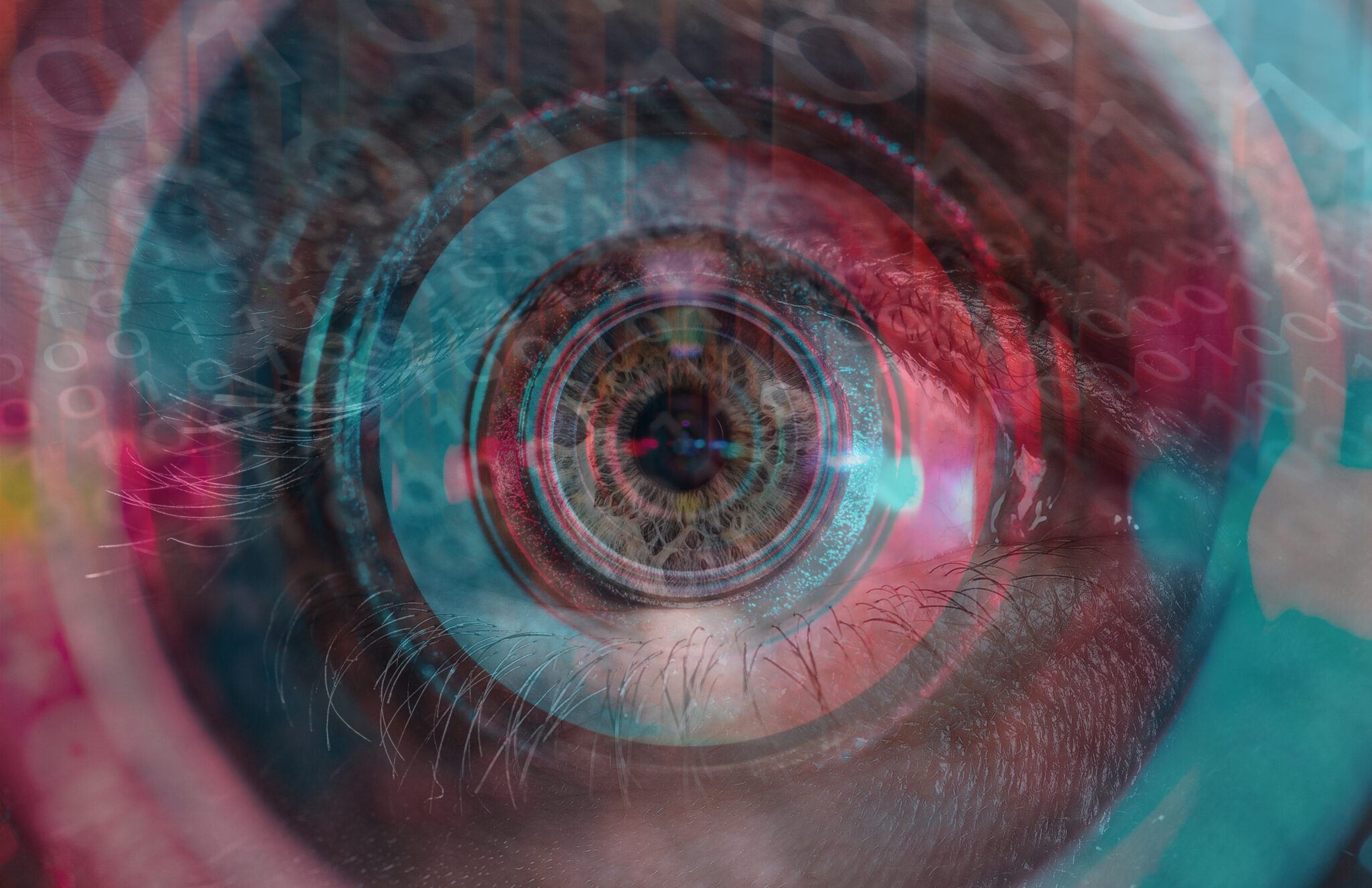Elon Musk’s Neuralink has captured the world’s attention with its ambitious goal of creating brain-computer interfaces (BCIs) that are as simple as LASIK surgery. However, as the company prepares for clinical trials of implanting a chip in the human brain, ethical concerns and internal challenges have come to the forefront.
A Visionary Mission
Founded in 2016 by tech visionary Elon Musk, San Francisco-based Neuralink embarked on a mission to develop a coin-sized computer chip that could be surgically implanted in the human brain. The objective was to establish a seamless connection between the brain and computer interfaces, including smartphones. While the overarching aim of BCIs is to empower humans to compete with AI, Musk has emphasized addressing immediate health issues, such as Parkinson’s disease, depression, anxiety, dementia, and paralysis, as top priorities. Musk has even referred to the AI symbiosis problem as an existential threat in the past.
A Landscape of Prior Efforts
Neuralink isn’t the pioneer in BCI development; the field has existed since the early 2000s. Some experts estimate that over 300,000 people already have neural interfaces, such as deep brain stimulators, for treating conditions like Parkinson’s disease.
What sets Neuralink apart is its substantial investment. Elon Musk personally injected $100 million into the company, propelling its current valuation to an estimated $500 million, according to PitchBook. Musk’s brand recognition also plays a significant role in garnering attention.
Ethical Concerns Abound
Despite the excitement surrounding Neuralink’s plans, ethical concerns have arisen. Critics argue that there hasn’t been enough public discourse on the broader implications of this technology, considering the delicate balance between for-profit motives and medical interventions aimed at improving people’s lives.
Kazim Rizvi, founding director of The Dialogue, raises critical questions:
- Morality of the Ends: Is the technology’s ultimate goal morally justifiable, especially when distinguishing between healthcare and enhancing existing abilities without recognized deficiencies?
- Morality of the Means: Can the means to achieve these goals, which may involve experimenting on human bodies, be considered morally sound without clarity on long-term physical and psychological effects?
- Accessibility: Will this technology be accessible to everyone, or will it create a societal divide, affecting education, employment, and the economy?
- National Security: What are the implications for national security, particularly if used by soldiers in warfare, and how does it align with international humanitarian law?
- Regulation: Do existing domestic laws or international conventions adequately regulate this technology, given its potential impact on bodily privacy and the potential for mass surveillance?
These questions highlight the profound implications of merging human consciousness with technology, with moral considerations at the forefront.
Challenges Within Neuralink
Beyond ethical concerns, a recent report based on testimonials from Neuralink employees sheds light on unfavorable working conditions. Many employees express dissatisfaction with Musk’s expectations for an accelerated pace of work, even when they are already moving at unprecedented speeds.
The work culture at Neuralink appears to be driven by fear, with several key members leaving the organization. Of the eight scientists who helped establish the company, only two, Dongjin Seo and Paul Merolla, remain.
In conclusion, Neuralink’s journey to revolutionize BCIs is filled with promise and challenges. While the company’s vision to bridge the gap between humans and AI is exciting, it must navigate complex ethical terrain and address internal issues to succeed in its mission.









Leave a Reply